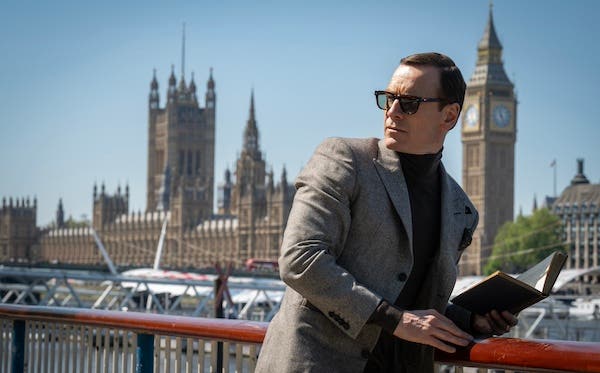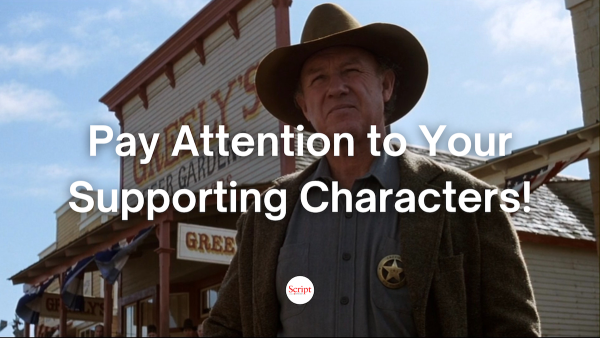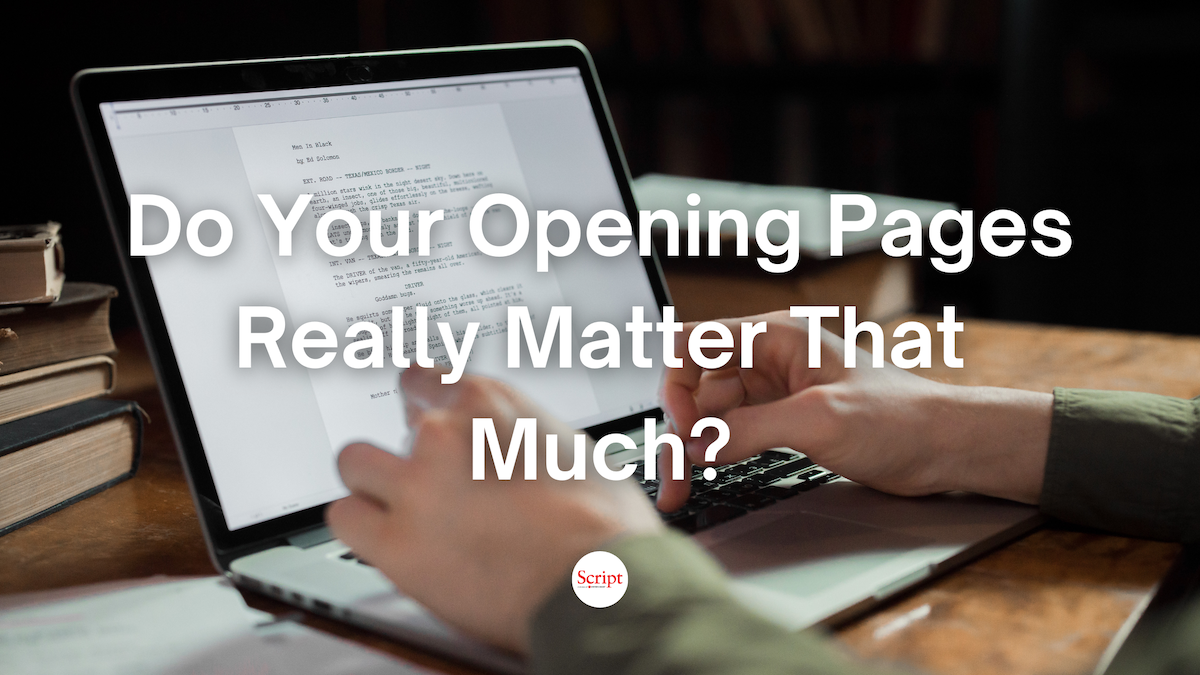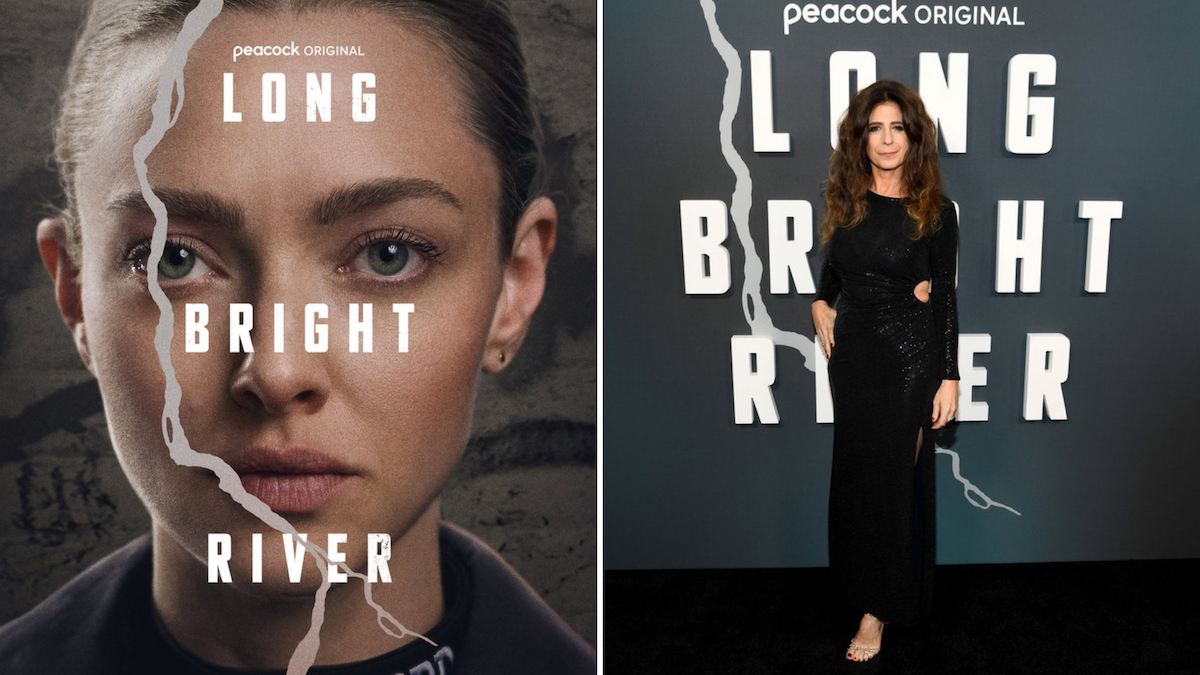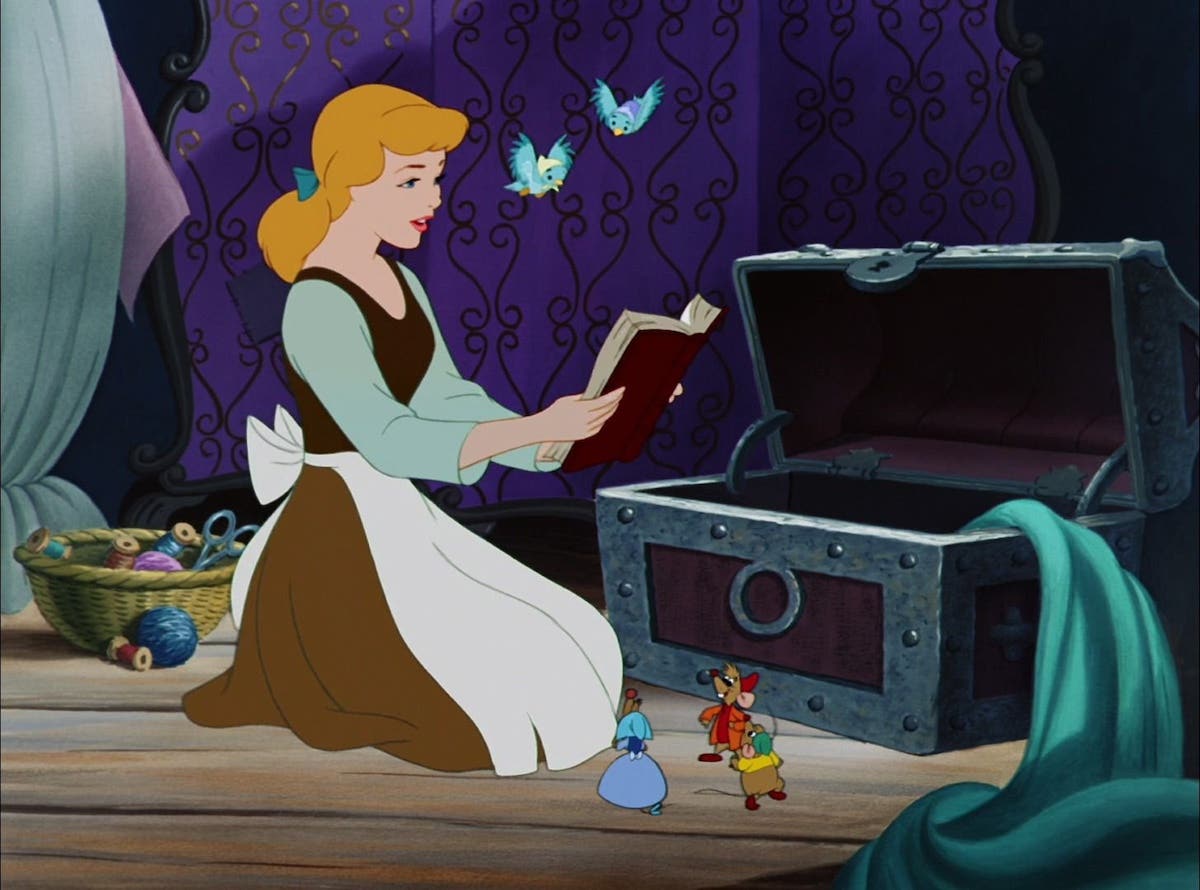Specs & The City: Film Endings and ‘Rocky’
It’s probably the most common complaint I hear from people after they see a movie: “It was a good movie, but I hated the ending.” It has always confused me…
It’s probably the most common complaint I hear from people after they see a movie: “It was a good movie, but I hated the ending.” It has always confused me because most of the writers I know tend to start off writing their scripts already knowing how it begins and how it end. So why then is it so common to hear audiences bemoan some variation on this theme? Simply put, there’s a difference between having an idea for a great ending and writing a satisfying one.
If you’ve been writing long, you’ve experienced that moment where the image pops into your head. The lightbulb goes off and you get positively giddy. You’ve just realized the perfect way to end your script. It’s visually compelling, it’s unique, and it will stick with audiences for years, you just know it!
But now you have to write it.
And there’s the rub, because once you sit to write it’s no longer a self-contained scene. Even if you’ve outlined the hell out of your story (you did that, right? Good.), it’s more complicated now because your ending is part of a whole; it’s tied to everything else that comes before it in your script. And that’s where a lot of writers lose their way. Their ending is a good scene, but it hasn’t been developed into an ending to a story.
What do I mean?
Basically, there are four things that a good ending needs to accomplish:
- It has to bring closure to both the exterior and interior conflict of your story
- It should tie back in with the themes that you’ve been exploring
- It should be realistic (to the world you’ve created) and emotional (it should mean something to your characters)
- It should result in change (your Protagonist should not be the same as they were 2 hours ago)
And one of the best films you can look at to see how to capture all of these things is one about a down-on-his-luck, south paw boxer set in the city of brotherly love. Let’s take a look at…
Film Endings and ‘Rocky’
Before Clubber Lang, Drago, and the need for another paycheck watered down the legacy, Rocky was a small film written by and starring a then unknown, named Sylvester Stallone. It went on to win the Academy Award for Best Picture (1976) and inspire an entire generation of athletes to train by chasing chickens in dirty alleyways.
But all of that aside, Rocky has one of the most satisfying endings to any film I’ve ever seen despite the fact that technically, he loses the fight with Apollo Creed (Spoiler?) which acts as the film’s climax. As the fight ends, a battered and bloodied Rocky calls out for Adrian. She begins pushing her way through the crowd and into the ring (losing her hat along the way). As they embrace in the middle of the ring, they proclaim their love for one another and the film ends.
Though it was tweaked slightly during filming, here are the final moments from the script.
Both Rocky and Apollo are completely at the mercy of the
crowd. They are being passed overhead and remain helpless as
their bodies float up the aisle on the sea of hands... The
CHANTING IS DEAFENING.
ANOTHER ANGLE
Fearful that Rocky is in danger, Adrian tries to move forward.
Running headlong into the crowd, she angles through the mass
to get to Rocky.
ANOTHER ANGLE
She is manhandled and shoved in a multitude of directions,
but she keeps her feet... She sees him. In the distance,
Rocky floats INTO VIEW and Adrian flattens against the wall
and waits for the procession to pass.
The procession approaches and she clearly sees Rocky's
unbelievably battered but smiling face. He appears to be
king of the world.
The procession approaches and passes Adrian. She jumps on
her toes and waves frantically but is not seen. She screams
Rocky's name... Somehow the delicate voice knifes through
the racket and reaches Rocky.
Rocky frantically looks in all directions and barely manages
to see Adrian jumping up and down waving. The crowd is
carrying him away. He attempts to lower himself but the
crowd won't permit it.
Rocky instead turns and begins climbing across people's heads
and shoulders. He resembles a man trying to go up a down
escalator. People are jammed so tightly together Rocky manages
to crawl across them to Adrian.
Still suspended in air, Rocky leans down and Adrian jumps up
and they lock in an embrace.
ADRIAN
I love you -- I love you -- I love
you...
The two are swept along into the greatest night anyone can
remember...
THE END
That ending is the perfect culmination of everything Stallone had been building to for hours. The fight itself comes to an end (the external conflict), and Rocky makes it through on his feet – proving to himself and the world that he isn’t a loser (resolving his internal conflict – the need to feel like he matters – that he’s not a bum). This all addresses the theme of pride in oneself being more important than actual material success.
We also feel emotionally connected to Rocky and Adrian as they proclaim their love for one another. These two people, whom the world at large had written off, have found each other and their love is all that matters. It’s an earned moment, for both the characters and the audience and, as such, feels completely real and justified.
Finally, the scene reflects that true change has happened for our Protagonist (and Adrian for that matter). They’ve come out of their shells. They’ve refused to be satisfied with how other people have defined them. And as the screen fades to black, the Rocky on screen is a different man than the poor schlub we met two hours earlier.
Does your ending capture all of these aspects? Do you hit all four notes during those final moments of your script? If not, then your great scene may not truly be a satisfying ending after all.
So lace up those gloves, keep your elbows in, go the distance, and keep writing!
Tools to Help:
- The End: How to Write an Amazing Finish to Your Screenplay Webinar
- The 3rd Act: Writing a Great Ending to Your Screenplay
- Beginnings, Middles & Ends
Related Articles:
- Specs & The City: Story Themes and ‘Road To Perdition’
- Specs & The City: Openings and 'Goodfellas'
- Screenwriting the Dan O'Bannon Way
Learn more about the craft and business of screenwriting and television writing from our Script University courses!
Brad Johnson is a screenwriter and producer who has placed in multiple competitions including Final Draft Big Break and the Walt Disney Television Writing Program. He has served as a judge for the Nashville Film Festival and the NYC Midnight Short Screenplay Challenge, and worked as a script consultant through his website, ReadWatchWrite.com. You can follow Brad on Twitter @RWWFilm.


